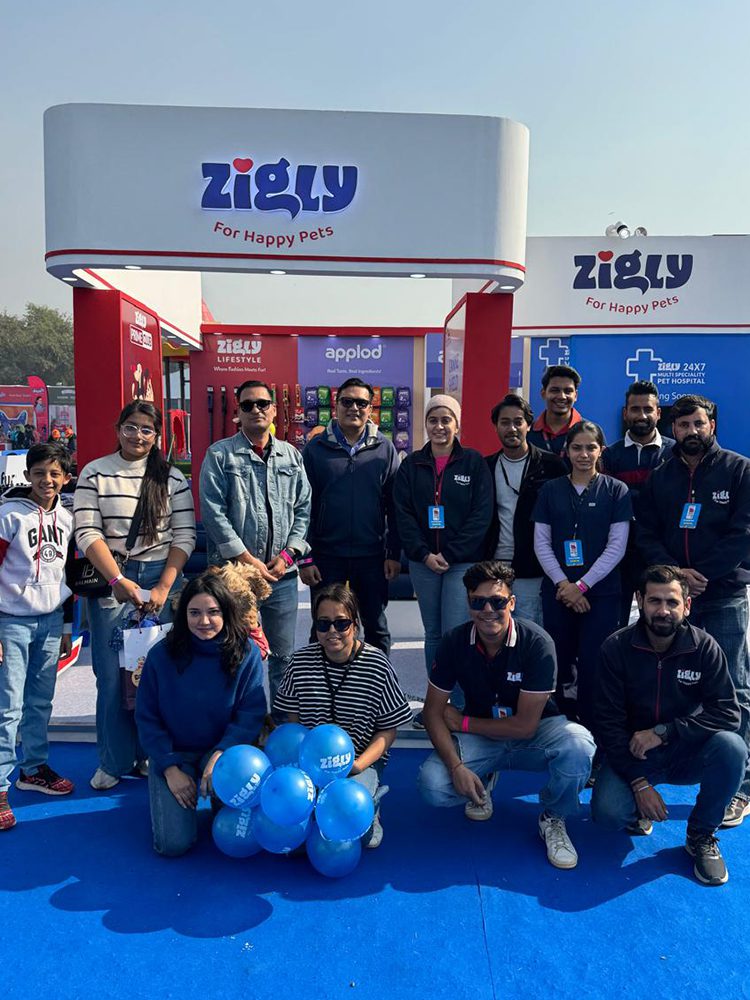Priyank Sukhija, the CEO & MD of First Fiddle F&B Pvt. Ltd., has completed 25 years in the food and beverage industry, marking a significant milestone in his remarkable career. From a 19-year-old dropout setting up his first venture to becoming a leading restaurateur, Priyank’s journey is a testament to passion, creativity, and relentless ambition.
Starting in 1999 with the fine dining restaurant Lazeez Affaire at Malcha Marg, Priyank quickly made a name for himself in the hospitality industry. He followed this with the renowned club RPM at Priya Complex, and from there, his ventures only expanded. Despite coming from a family of lawyers, Priyank was the first to venture into business, altering Delhi’s hospitality landscape forever. Over the past 25 years, he has opened more than 30 different outlets, each unique and innovative.
Priyank’s success can be attributed to his love for food, music, and innovation. His brands, including Miso Sexy, Bougie, Diablo, Lord of the Drinks, Plum by Bent Chair, and Lazeez Affaire, have become some of the most talked-about names in the industry. “I realized that nothing makes me happier than eating and serving a delicious meal. Food, music, and innovation were what always inspired me and hence I ventured into an area that could fulfill this passion,” Priyank explains.
One of Priyank’s major accomplishments has been revolutionizing the F&B industry and introducing the concept of casual experiential dining to India. His establishment, Plum by Bent Chair, revived the Aerocity Worldmark area, while Diablo kickstarted the bar culture in Mehrauli, turning it into a vibrant hub. At Epicuria, Nehru Place, Priyank was a pioneer with Flying Saucer and is now reinventing the space with his new launch, Thanks & Beyond.
“My restaurants are known for providing an experience, and this makes them stand apart from the crowd. I believe in the ‘vibe’ of the restaurant, and that is what sets them apart. All my restaurants have an extensive menu with dishes and drinks that can be enjoyed by people of all ages,” says Priyank. His eateries have become one-stop solutions for complete entertainment, featuring performances by the most sought-after bands and artists.
With his numerous successes, Priyank’s ambition continues to grow. His current brands, including Diablo, Miso Sexy, and Bougie, have become the go-to destinations in Delhi for top artists and bands. His latest ventures, Diablo Cyberhub, Sitch, and Bizou-Bizou, have created a buzz in Delhi and NCR with their unique cocktail-focused concepts. Additionally, he is expanding to tier 2 cities with the introduction of Miso Sexy in Noida and Diablo in Goa.
In celebration of his 25 years of success, Priyank has opened a new restaurant, Thanks and Beyond, in Nehru Place. This venture is a gesture of gratitude to everyone who has supported him, a homage to Delhi for the love shown to him, and a promise of many more exciting ventures to come. This summer, Priyank has several more launches lined up, promising to bring even more innovation and excitement to Delhi’s F&B scene.
Priyank Sukhija’s journey in the F&B industry is a story of vision, hard work, and a relentless pursuit of excellence. His passion for creating unique dining experiences has not only set him apart but has also significantly shaped the hospitality industry in India. As he continues to innovate and expand, the future looks incredibly promising for Priyank and First Fiddle F&B Pvt. Ltd.



 Health2 days ago
Health2 days ago


 Special Editions2 days ago
Special Editions2 days ago


 Special Editions2 days ago
Special Editions2 days ago


 Special Editions3 months ago
Special Editions3 months ago


 Special Editions2 days ago
Special Editions2 days ago















